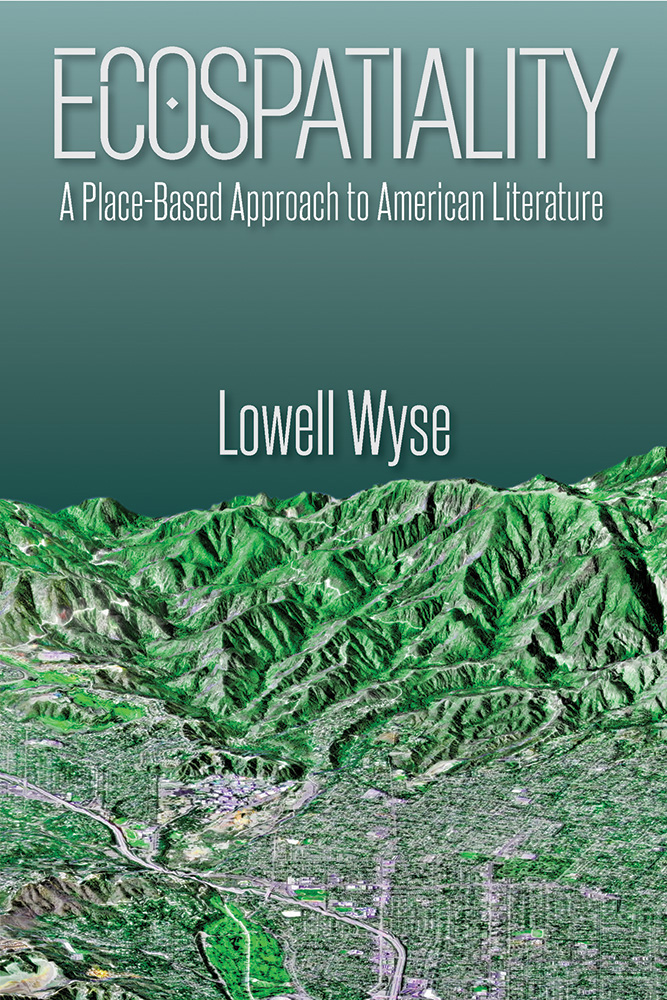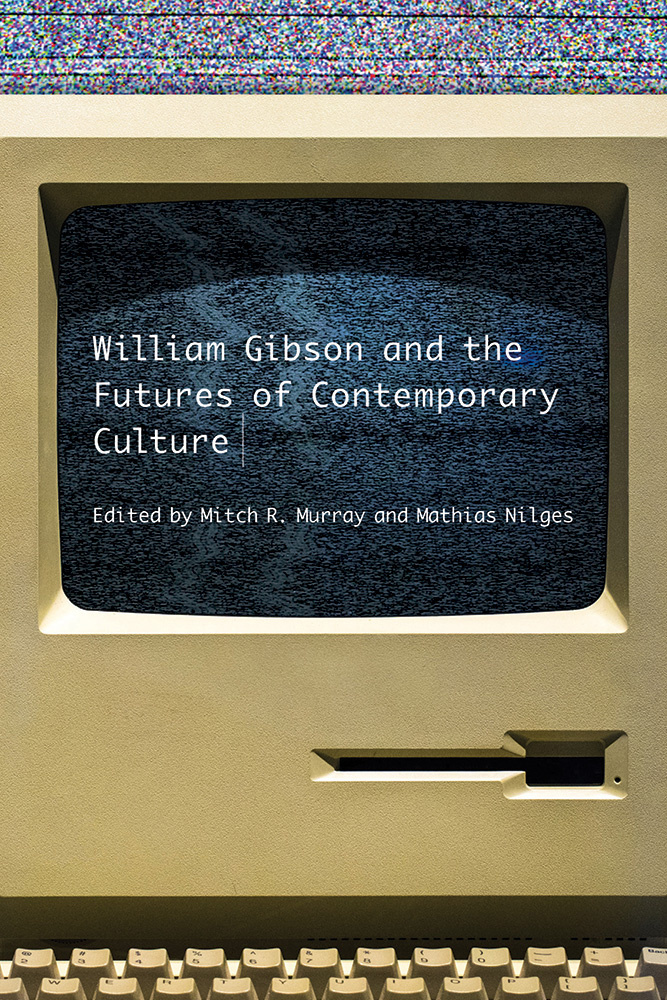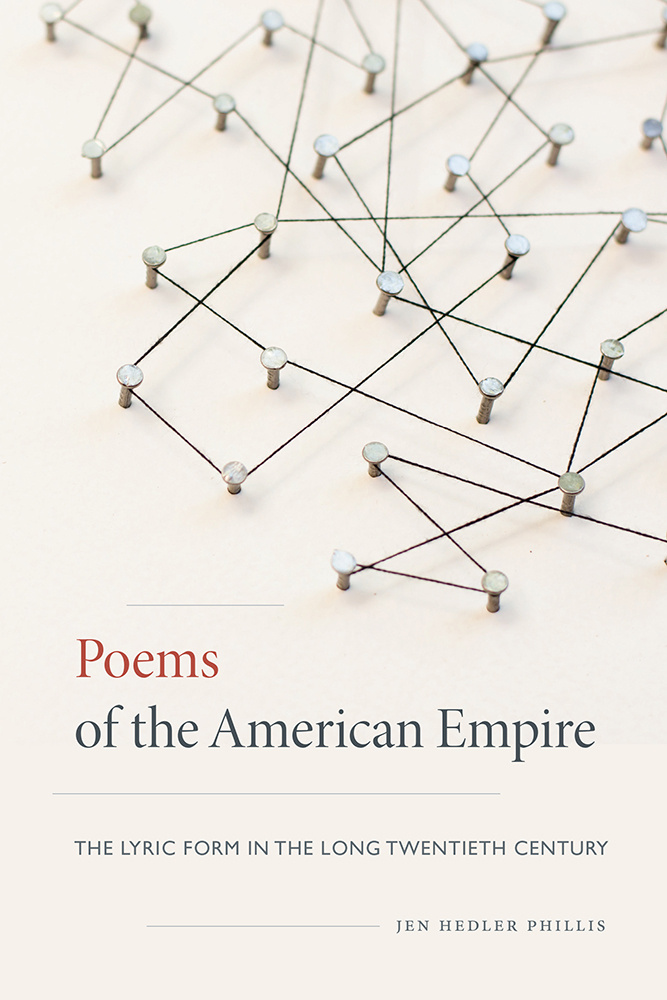Ecospatiality explores modern and contemporary American prose literature through the lens of place, showing how authors like William Least Heat-Moon, Willa Cather, Richard Wright, and Leslie Marmon Silko represent and reimagine real places in the world and the human-environment relationships therein. Building on the work of scholars in geography, sociology, ecocriticism, and geocriticism, this book articulates the theory of ecospatiality: an understanding of place as simultaneously spatial, ecological, and historical.
In our current historical moment, which is characterized by ongoing ecological collapse and a not-unrelated increase in social disorder, few issues are more urgent than the human relationship with our environments. Whether we characterize this new epoch as the climate change era or the Anthropocene, we can no longer ignore the fact that the places we live are rapidly changing in response to economic and environmental pressures. Rather than thinking of place as a neutral site for social interaction, we should recognize how it underpins and intertwines with human experience.
Fortunately, literature can help us think through how place operates. Lowell Wyse shows that texts can be understood as works of literary cartography. Focusing on works of nonfiction and fiction whose primary settings are on the North American continent, Ecospatiality demonstrates how these narratives rely on realistic literary geography to invoke, and sometimes retell, important aspects of environmental history within particular communities and bioregions.
“In the past, I have found it hard to recommend any single work that seemed like a comprehensive introduction to the field of place-conscious literary studies. This book is it.”—Tom Lynch, University of Nebraska
“Ecospatiality is a tour de force of literary cartography. Ranging across histories, bioregions, and communities—Indigenous, Latinx, African American, European American—Wyse introduces the concept of ecospatiality into the lexicon of the deep map. In a study that is impressively comprehensive, he contributes innovative readings of American authors and American landscapes.”—Susan Naramore Maher, coeditor, Thinking Continental: Writing the Planet One Place at a Time



